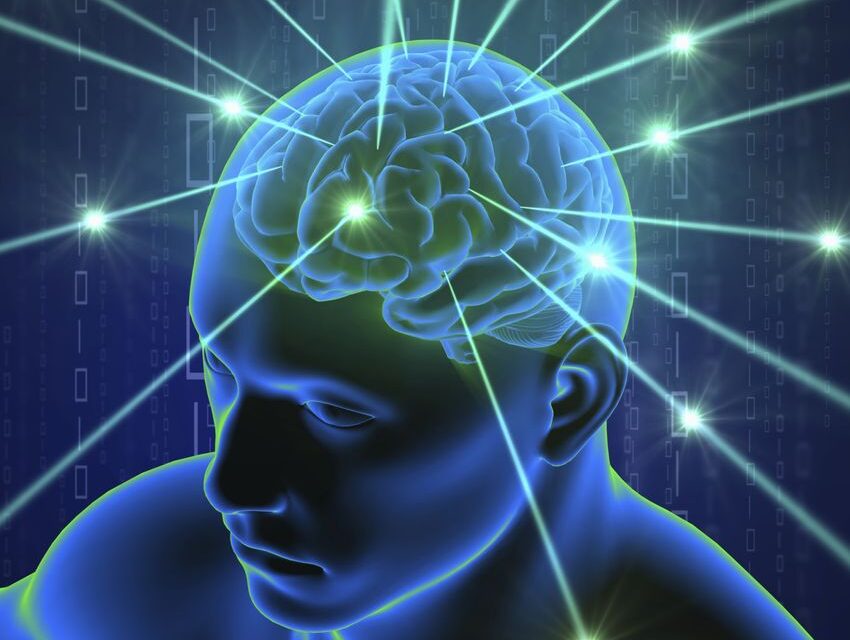Ever wondered why your brain remembers some experiences among a deluge of information? According to a recent study conducted by researchers at Yale University in the US, it may all boil down to how hard your brain has to work.
In an effort to understand this phenomenon, the team at Yale explored memorable visual information by combining a computational model of scene complexity with a behavioral study. Their findings, published in the journal Nature Human Behavior, suggest that the brain may prioritize remembering events that are not easily explainable.
Ilker Yildirim, Assistant Professor of Psychology in Yale’s Faculty of Arts and Sciences, explains, “The mind prioritizes remembering things that it is not able to explain very well. If a scene is predictable and not surprising, it might be ignored.”
To delve deeper into this theory, the researchers designed a series of experiments. Participants were shown a sequence of natural images in rapid succession and were later asked if they remembered specific images from the sequence. What they found was intriguing: the harder it was for the computational model to reconstruct an image, the more likely the image would be remembered by the participants.
John Lafferty, Professor of Statistics and Data Science at Yale, elaborates on the significance of their approach: “We used an AI model to try to shed light on perception of scenes by people — this understanding could help in the development of more efficient memory systems for AI in the future.”
By combining computational modeling with behavioral studies, the researchers have uncovered a potential mechanism behind why certain experiences are etched into our memories while others fade into the background. This insight not only enhances our understanding of human cognition but also holds promise for advancements in artificial intelligence.
As our understanding of the brain continues to evolve, studies like these offer invaluable glimpses into the intricate workings of the human mind.











